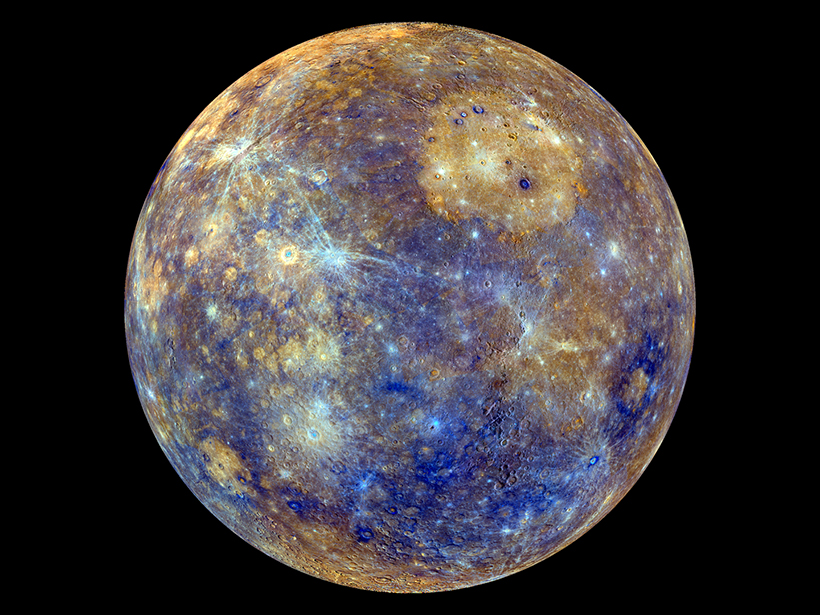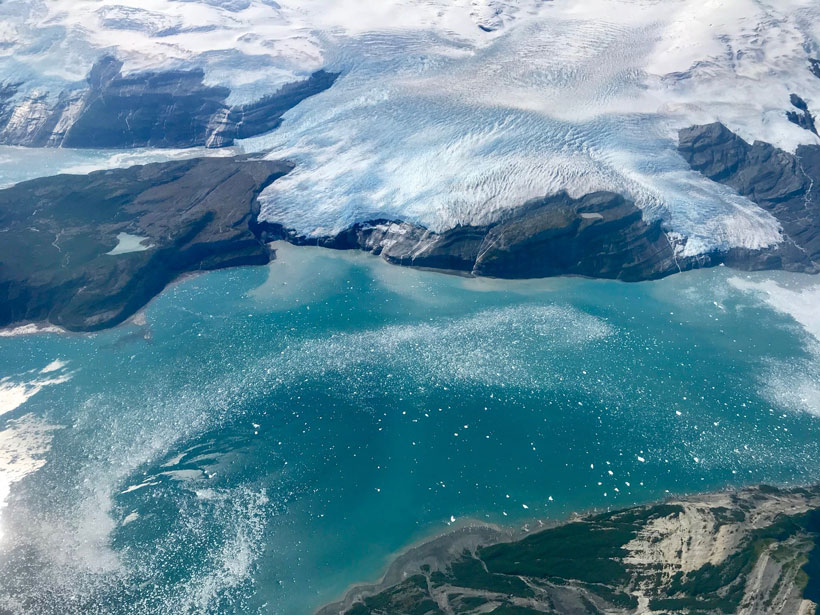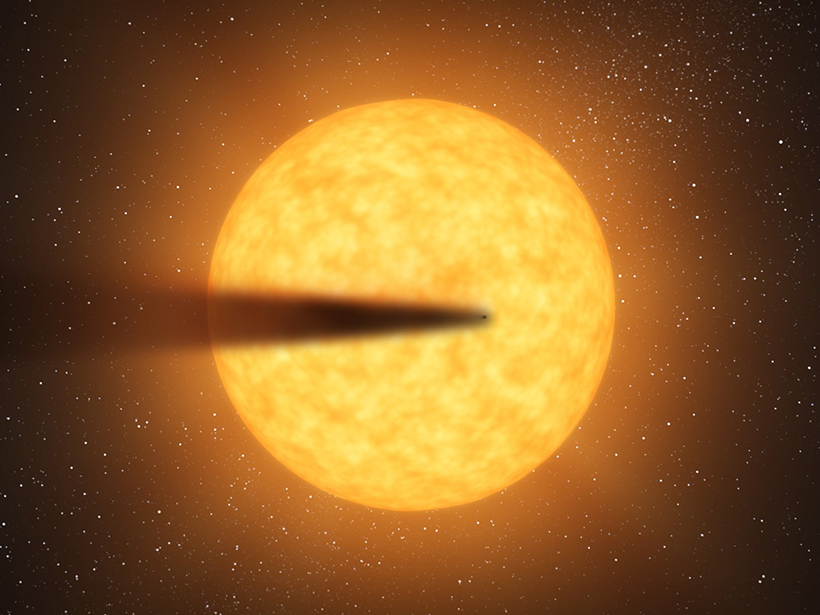The impact crater is a dry lake bed that contains evidence of ancient water flows and perhaps signs of ancient microbial life.
Kimberly M. S. Cartier
Kimberly M. S. Cartier, Senior Science Reporter for Eos.org, joined the Eos staff in 2017 after earning her Ph.D. studying extrasolar planets. Kimberly covers space science, climate change, and STEM diversity, justice, and education
Exploring Planetary Breadcrumbs One Asteroid at a Time
Six ongoing and future missions explore the variety of asteroids in the solar system, seeking to uncover what makes each of them special.
Could Life Be Floating in Venus’s Clouds?
If present, microbes could explain evolving patterns in the planet’s atmosphere when observed in ultraviolet light.
Girl Scouts Can Now Earn Space Science Badges
Young Girl Scouts can be explorers, adventurers, and investigators as they work toward badges that teach them about the Sun, the solar system, and the stars.
Mercury Mission Will Map Morphology and Measure Magnetics
BepiColombo may launch as early as this weekend. It seeks to unravel the mysteries of Mercury’s geologic and magnetic past and map the small planet’s cratered surface.
Large Exomoon Likely Orbits a Faraway World
This Neptune-sized object would be the first moon discovered to orbit a planet outside the solar system, provided that additional observations continue to support the claim.
New Exoplanet Telescope Detects Its First Two Planets
The two possible planets, each larger than Earth and too hot to be habitable, are the first of hundreds of Earth-sized exoplanets expected to be discovered by a recently launched telescope.
Global Ice Monitoring Satellite to Launch as Early as This Week
The soon-to-launch satellite will measure the height and thickness of sea ice, glaciers, ice sheets, and permafrost around the world to an unprecedentedly high precision.
Webb Telescope May Detect Minerals from Shredded Worlds
The upcoming James Webb Space Telescope should be able to measure the composition of vaporizing exoplanets, giving clues about the makeup of their cores, mantles, and crusts.
How Hot Is Europa? Now There’s a Map for That
The new global map of Europa’s surface heat also highlighted one spot on the moon that is inexplicably cold.










